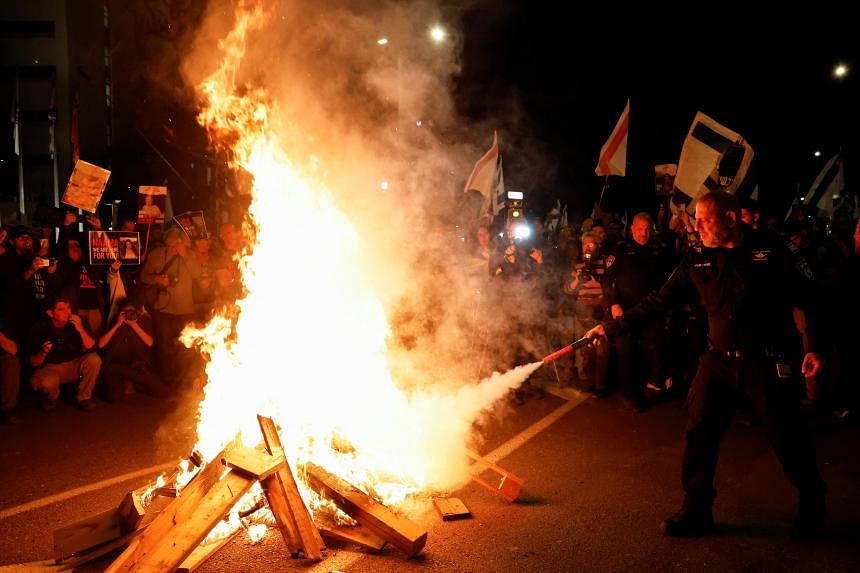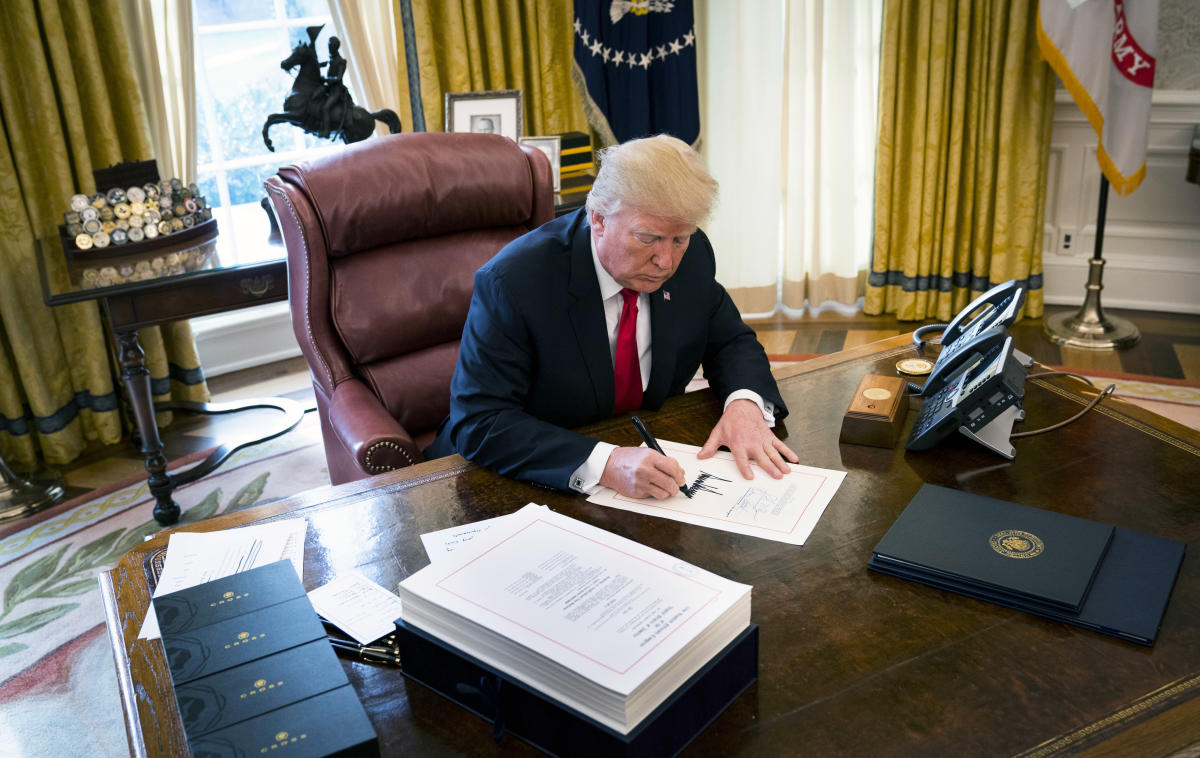

JERUSALEM – The rift between Israel and the United States, its closest ally, over the war in the Gaza Strip broadened on March 17 when Israel’s prime minister accused a top-ranking US lawmaker of treating his country like a “banana republic”.
Prime Minister Benjamin Netanyahu, who is facing increasing pressure to negotiate a cease-fire, lashed out at US senator Chuck Schumer over his call for elections to be held in Israel when the war winds down.
In an interview on CNN’s “State of the Union,” Mr Netanyahu suggested that Mr Schumer, the majority leader, was trying to topple his government and said his call for an election was “totally inappropriate”.
“That’s something that Israel, the Israeli public, does on its own,” he said. “We’re not a banana republic.”
On March 14, Mr Schumer, who is the highest-ranking Jewish elected official in the United States, delivered a scathing speech on the Senate floor, accusing Mr Netanyahu of letting his political survival supersede “the best interests of Israel” and of being “too willing to tolerate the civilian toll in Gaza”.
The speech was indicative of the widening gap between Israel and the United States over the war and mounting frustrations in Washington with Mr Netanyahu’s policies. US President Joe Biden praised Mr Schumer’s speech, although he stopped short of endorsing the call for a new election.
Among the most contentious issues is how to get food and aid into Gaza.
With the humanitarian crisis worsening, the United States earlier in March started airdropping food and water into the enclave. On March 15, a maritime shipment of aid reached northern Gaza’s shores, the first to do so in nearly two decades. Another shipment of essential goods is expected to soon set sail for Gaza from Cyprus.
Over the next few weeks, the United States is planning to build a floating dock off Gaza’s shores that the White House has said could eventually help deliver as many as two million meals in Gaza each day.
All of these efforts are designed to get more aid into Gaza, where the United Nations says severe hunger and malnutrition are alarmingly rampant. But however welcome the initiatives, experts and humanitarian groups say the best way to stave off famine is to broker a cease-fire between the Israelis and Hamas, which attacked Israel on Oct 7, setting off the war.
“We cannot stack up aid to the level that is needed, and we cannot keep it safe for both people delivering it and the people receiving it, as long as there’s still an active war going on,” said Sarah Schiffling, an expert on humanitarian logistics and supply chains at the Hanken School of Economics in Finland.
Cease-fire talks are expected to pick up speed in the coming days.
On March 17, a second ship towing aid prepared to depart for Gaza as the founder of the food charity behind it, Jose Andres, called for a cease-fire and said Israel should be doing more to prevent hunger in the embattled enclave.
“At the very least, if they don’t stop the military advance, to make sure that nobody’s hungry and that nobody’s without food and water,” he said in an appearance on NBC’s Meet the Press.
“This is something that should be happening overnight, but for political reasons, I guess, it’s not happening there,” he added.
EMEA Tribune is not involved in this news article, it is taken from our partners and or from the News Agencies. Copyright and Credit go to the News Agencies, email [email protected] Follow our WhatsApp verified Channel









